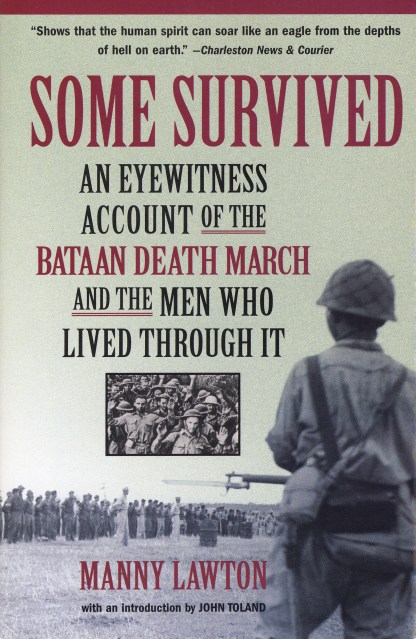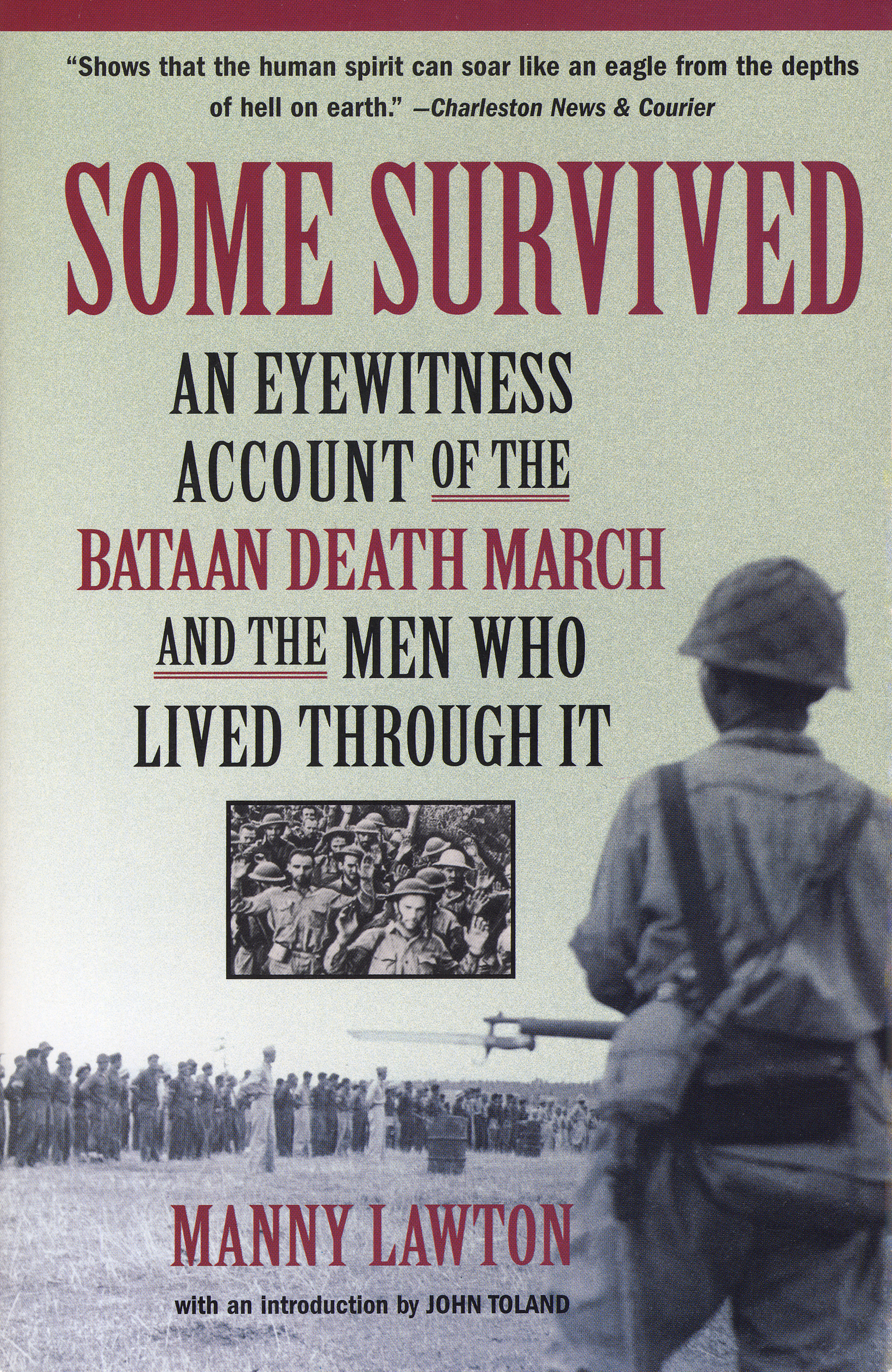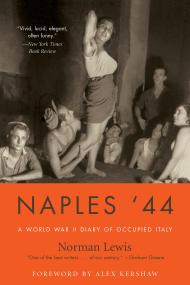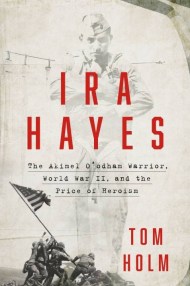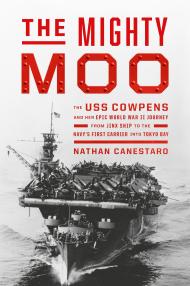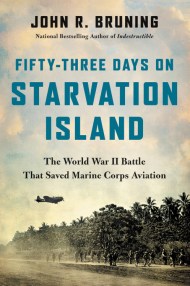Promotion
Use code BESTBOOKS24 for 25% off sitewide + free shipping over $35
By clicking “Accept,” you agree to the use of cookies and similar technologies on your device as set forth in our Cookie Policy and our Privacy Policy. Please note that certain cookies are essential for this website to function properly and do not require user consent to be deployed.
Some Survived
An Eyewitness Account of the Bataan Death March and the Men Who Lived through It
Contributors
By Manny Lawton
Introduction by John Toland
Formats and Prices
Price
$29.99Price
$38.99 CADFormat
Format:
- Trade Paperback $29.99 $38.99 CAD
- ebook $14.99 $19.99 CAD
This item is a preorder. Your payment method will be charged immediately, and the product is expected to ship on or around January 3, 2004. This date is subject to change due to shipping delays beyond our control.
Also available from:
But this is not a chronicle of despair. It is, instead, the story of how men can suffer even the most desperate conditions and, in their will to retain their humanity, triumph over appalling adversity. An epic of quiet heroism, Some Survived is a harrowing, poignant, and inspiring tale that lifts the heart.
-
"Shows that the human spirit can soar like an eagle from the depths of hell on earth."Charleston News Courier
- On Sale
- Jan 3, 2004
- Page Count
- 320 pages
- Publisher
- Algonquin Books
- ISBN-13
- 9781565124349
Newsletter Signup
By clicking ‘Sign Up,’ I acknowledge that I have read and agree to Hachette Book Group’s Privacy Policy and Terms of Use
